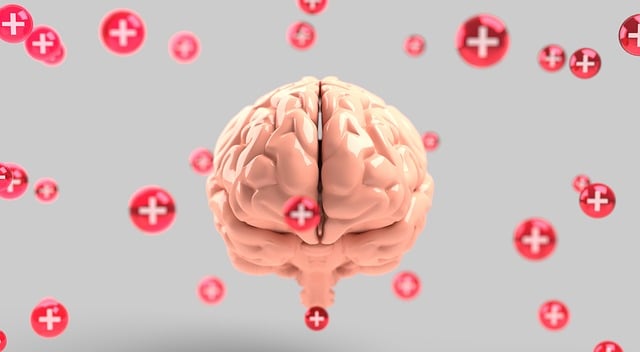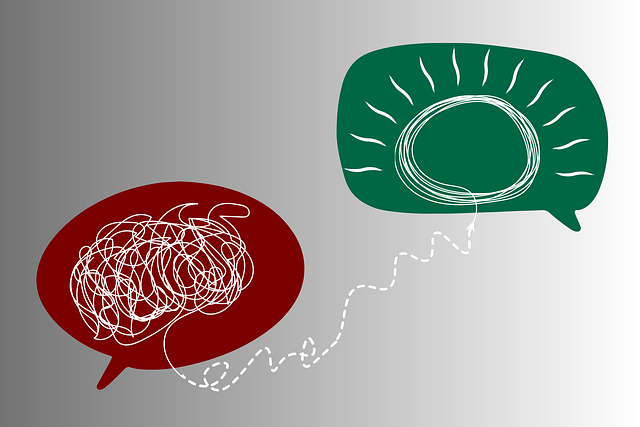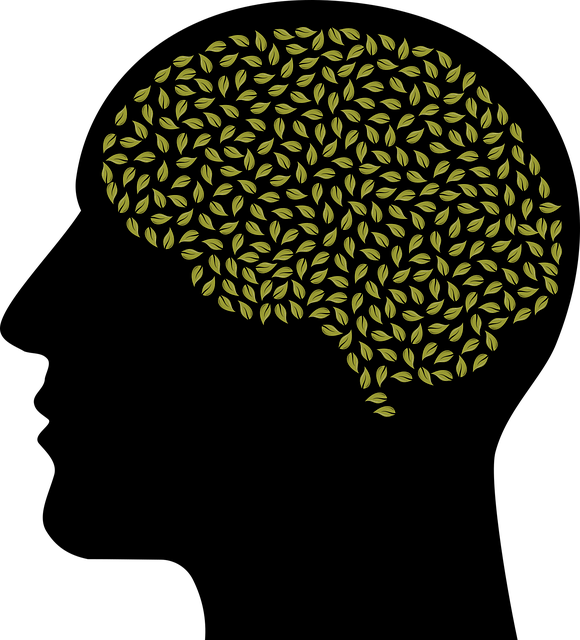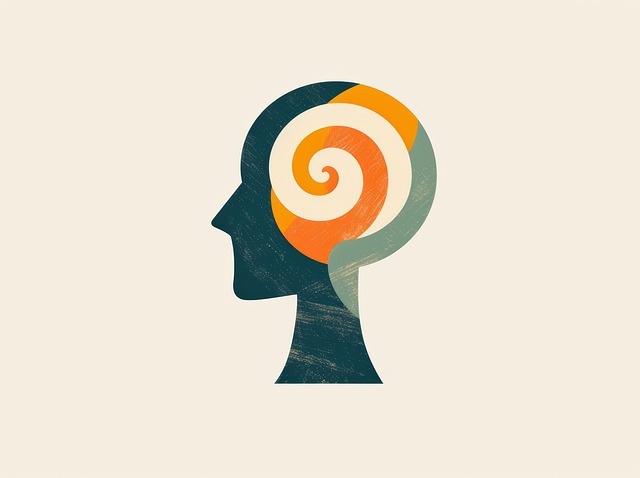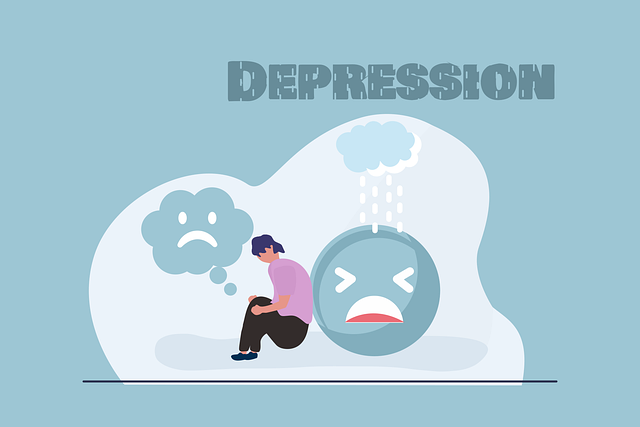Mastering mood regulation is crucial for overall well-being, impacting daily experiences and relationships. Centennial EMDR therapy, by processing traumatic memories and emotions through cognitive strategies, breaks free negative thought patterns. Integrated conflict resolution techniques boost confidence and relationships. This modern psychotherapy approach leverages mindfulness to enhance emotional awareness and balance. Cultural competency training ensures sensitive support for diverse populations. Regular physical activity, mindfulness practices, balanced nutrition, and sleep, combined with strong social connections, complete a holistic well-being strategy that Centennial EMDR Therapy supports, empowering individuals to navigate life's challenges resiliently.
Mood regulation is a vital aspect of maintaining overall well-being, influencing our daily lives and interactions. This article explores various effective strategies to help individuals gain control over their emotions. We delve into the profound impact of understanding mood dynamics and present innovative approaches like Centennial EMDR Therapy for shifting negative patterns. Additionally, discover cognitive strategies, mindfulness practices, and lifestyle adjustments that foster emotional balance and enhance mental resilience.
- Understanding Mood Regulation and Its Impact on Well-being
- The Role of Centennial EMDR Therapy in Shifting Negative Patterns
- Cognitive Strategies for Enhancing Emotional Balance
- Mindfulness Practices for Present-Moment Awareness and Regulation
- Lifestyle Adjustments for Sustaining Positive Moods
Understanding Mood Regulation and Its Impact on Well-being

Understanding mood regulation is paramount to enhancing overall well-being. Mood, a fleeting state of mind, significantly influences our daily experiences and interactions. When left unaddressed, prolonged negative moods can lead to conditions like burnout prevention, impacting productivity and relationships. On the contrary, effective mood regulation strategies empower individuals to navigate life’s challenges with resilience and adaptability.
Centennial EMDR therapy stands out as a powerful tool in this context. By facilitating the processing of traumatic memories and unresolved emotions, it helps individuals break free from negative thought patterns and behaviors. Additionally, conflict resolution techniques, when integrated into daily routines, can significantly boost confidence and improve relationships. Ultimately, mastering mood regulation isn’t just about achieving fleeting happiness; it’s about cultivating mental fortitude to navigate life’s ups and downs with greater ease.
The Role of Centennial EMDR Therapy in Shifting Negative Patterns

Centennial EMDR Therapy has emerged as a powerful tool in shifting negative thought patterns and emotional responses associated with various mental health conditions. This therapeutic approach leverages the brain’s natural healing process, enabling individuals to process traumatic memories and intense emotions effectively. By focusing on specific memories or beliefs, EMDR helps to reduce their impact and associated distress. This process facilitates a transformation in how an individual perceives and reacts to challenging situations, promoting healthier coping mechanisms.
Beyond its direct impact on negative patterns, Centennial EMDR Therapy plays a crucial role in Mental Illness Stigma Reduction Efforts. As it empowers individuals to manage their moods more effectively, it can foster increased confidence and self-efficacy. This boost in Confidence is essential for challenging societal perceptions and stereotypes surrounding mental illness. Through successful experiences of mood regulation, individuals may find themselves less bound by the constraints of past negative patterns, leading to a more positive and empowering relationship with their mental health.
Cognitive Strategies for Enhancing Emotional Balance

Cognitive strategies play a pivotal role in enhancing emotional balance and are often integrated into therapeutic practices like Centennial EMDR Therapy. This therapy approach leverages the power of memory processing to help individuals re-evaluate traumatic or distressing events, fostering a deeper understanding and subsequent release from negative emotional attachments. By promoting self-awareness exercises, Centennial EMDR encourages clients to identify cognitive distortions and replace them with healthier thought patterns.
One effective method within this framework is mental wellness coaching programs development, which guides individuals through the process of challenging and reframing their beliefs. This process empowers people to gain a more balanced perspective, thereby improving emotional regulation. Additionally, healthcare provider cultural competency training can enhance the delivery of these cognitive strategies, ensuring sensitive and effective support for diverse populations struggling with mood regulation.
Mindfulness Practices for Present-Moment Awareness and Regulation

Mindfulness practices have gained significant attention as powerful tools for mood regulation and present-moment awareness. Centennial EMDR Therapy, a modern approach to psychotherapy, incorporates mindfulness techniques to help individuals cultivate a deeper connection with their thoughts and emotions without judgment. By focusing on the here and now, practitioners learn to observe their feelings and sensations, allowing them to regulate their mood more effectively.
This practice is particularly beneficial for healthcare providers who often face high-stress situations and are at risk of burnout. Incorporating mindfulness into self-care routines can enhance resilience, improve self-esteem, and provide much-needed trauma support services. Studies have shown that mindfulness meditation can reduce symptoms of anxiety and depression, contributing to better overall well-being and a more balanced mood.
Lifestyle Adjustments for Sustaining Positive Moods

Maintaining a positive mood isn’t just about momentary fixes; it’s a holistic pursuit that involves lifestyle adjustments. Regular physical activity, for instance, releases endorphins, natural mood elevators. Incorporating mindfulness practices such as meditation or yoga can also help individuals cultivate inner peace and emotional resilience. A balanced diet rich in essential nutrients supports brain health, while adequate sleep is crucial for regulating hormones that influence mood. Additionally, cultivating strong social connections through open communication and conflict resolution techniques like those offered by Centennial EMDR Therapy plays a significant role in sustaining well-being.
Beyond these practices, risk management planning for mental health professionals can help prevent burnout, a common obstacle to maintaining positive moods over time. By setting clear boundaries, prioritizing self-care, and employing effective stress management strategies, professionals can sustain their own emotional resilience while better supporting others. This holistic approach not only benefits individuals but also enriches the services provided, making it easier to navigate life’s challenges with a stable and optimistic outlook.
Mood regulation is a multifaceted approach to enhancing well-being, and by incorporating strategies like Centennial EMDR Therapy, cognitive reframing, mindfulness, and lifestyle adjustments, individuals can gain significant control over their emotional states. These techniques empower folks to navigate life’s challenges with resilience and cultivate lasting positive moods, ultimately fostering a richer, more fulfilling existence.
